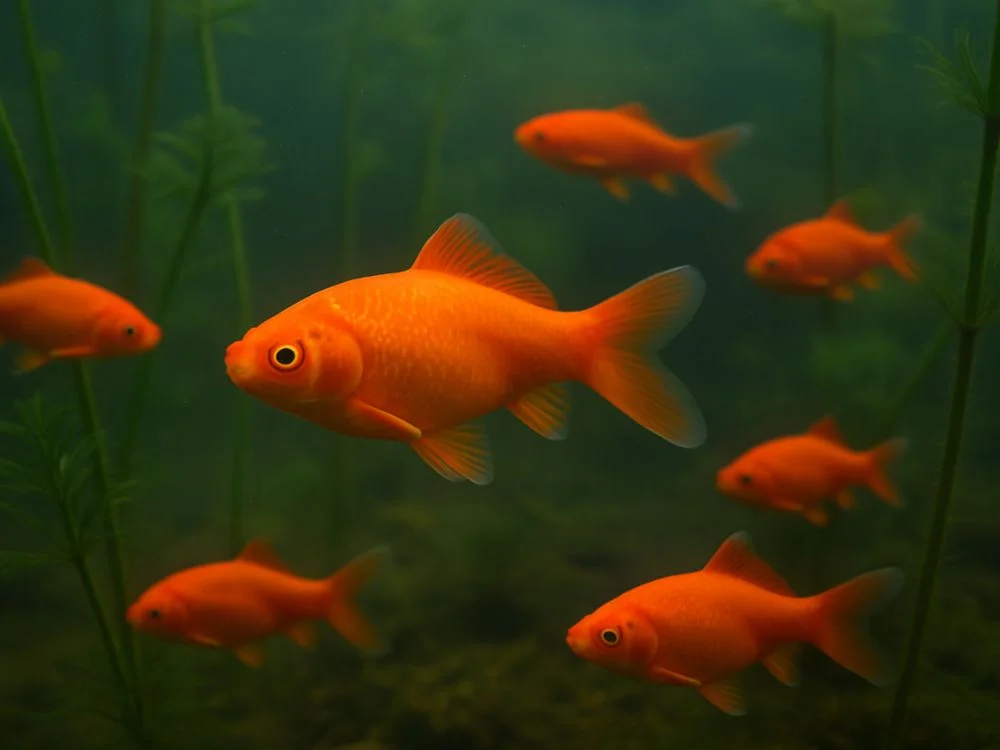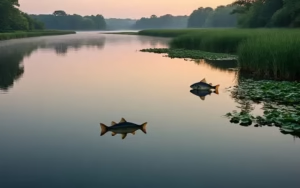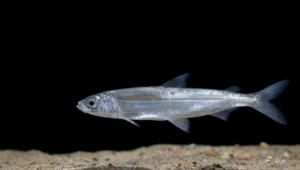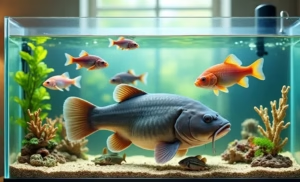When it comes to keeping goldfish in ponds, one of the most common questions people ask is: how long do goldfish live in ponds? If you’ve ever watched these shimmering creatures dart around in a backyard pond, you know just how captivating and peaceful they can be. But how long can you expect them to be part of your life?
In this guide, we’ll break it all down—from average lifespans to factors that influence longevity, plus real stories, practical tips, and expert-backed advice. Whether you’re a seasoned pond owner or just getting started, this article has everything you need.
How Long Do Goldfish Live in Ponds?
On average, goldfish living in well-maintained outdoor ponds can live between 10 to 20 years. In ideal conditions, some varieties have been known to live even 30 years or longer!
Compare that to goldfish in small bowls (which usually only live 2-3 years), and you’ll quickly see how important environment is.
Anecdote: One family in Pennsylvania reportedly had a comet goldfish that lived in their backyard pond for 27 years. It became a local legend, affectionately named “Old Goldie” by neighborhood kids.
Why Do Goldfish Live Longer in Ponds?
There are a few key reasons why pond environments support long life spans:
- More space = less stress and more movement
- Natural sunlight supports healthy growth
- Better water quality when maintained properly
- Seasonal temperature cycles mimic natural life conditions
Factors That Affect a Goldfish’s Lifespan in Ponds
Let’s dive into the factors that can influence how long your pond goldfish live.
1. Water Quality
Keeping your pond water clean is critical. Poor water quality leads to disease and stress.
- Use a water test kit weekly to check pH, ammonia, nitrites, and nitrates.
- Invest in a high-quality filtration system.
- Perform regular partial water changes (about 10–15% every 2–4 weeks).
2. Pond Size
Goldfish need room to grow and swim. For each goldfish, allow at least 20 gallons of water.
Note: A small pond under 100 gallons can quickly become polluted or overheated, especially in warmer climates like parts of California or Florida.
3. Temperature Control
Goldfish are cold-water fish but can survive freezing temperatures if the pond is deep enough.
- In northern states, make sure your pond is at least 3 feet deep to prevent complete freezing.
- In hot climates, provide shade and add aeration to avoid oxygen loss.
4. Predators
Birds, raccoons, and even cats may target pond fish.
- Add pond netting or install decoys like heron statues.
5. Feeding and Nutrition
Feed them high-quality gold fish pond food designed for outdoor living.
- Feed once or twice a day in spring/summer.
- Stop feeding when the temperature falls below 50°F—your fish’s metabolism slows down and they enter a dormant state.
Goldfish Breeds and Lifespan Differences
Not all gold fish are the same. Here’s how lifespan varies by type:
| Goldfish Type | Average Lifespan in Ponds |
|---|---|
| Common Goldfish | 15–20 years |
| Comet Goldfish | 15–25 years |
| Shubunkin | 10–15 years |
| Fantail | 10–15 years (shorter in colder climates) |
| Oranda, Ryukin, Ranchu | 8–12 years (more delicate breeds) |
📎 Learn more about different types of gold fish and how to care for them.
Step-by-Step: How to Help Your Goldfish Live a Long Life
Step 1: Build the Right Pond
- Choose a location with partial shade
- Minimum depth: 3 feet
- Include plants, rocks, and hiding spaces
Step 2: Install Filtration & Aeration
- Use a pond filter and air pump
- Add beneficial bacteria regularly
Step 3: Test and Maintain Water
- Weekly water testing
- Top off with dechlorinated water only
Step 4: Feed Properly
- Stick to floating pond pellets
- Avoid overfeeding—leftovers rot and foul the water
Step 5: Prepare for Winter
- Stop feeding at 50°F
- Add a pond heater or de-icer if you’re in a freezing zone
Can Goldfish Survive Winter in a Pond?
Yes, and quite well—if the pond is deep enough and doesn’t completely freeze.
Tip: A pond aerator or floating heater helps keep a small hole open in the ice for gas exchange. This is crucial for winter survival.
Common Health Issues in Pond Goldfish
Even in a pond, fish can get sick. Look out for:
- Ich (white spot disease)
- Fin rot
- Anchor worms
- Swim bladder disease
Visit this goldfish health guide for symptoms and treatments.
Keep a quarantine tank ready if you need to isolate a sick fish.
Regional Pond Care Tips in the U.S.
Depending on where you live, your fish care routine may need a few adjustments:
- Northern States (e.g., Michigan, New York): Focus on winterization and deeper ponds
- Southern States (e.g., Texas, Arizona): Prevent overheating with shade, fountains, and top-off water
- Coastal States (e.g., California, Florida): Watch for predators and algae blooms
Use the USDA Plant Hardiness Zone Map to determine the best pond plants for your area.
Fun Fact: The Oldest Pond Goldfish Ever
The world record for the longest-lived gold fish is a whopping 43 years! It lived in a pond in the UK and was owned by a couple who swore by natural pond plants and minimal handling.
Conclusion: Creating the Best Life for Your Pond Goldfish
So, how long do gold fish live in ponds? The answer lies not just in the number of years, but in the care, attention, and environment you provide.
If you:
✅ Build a healthy pond
✅ Maintain clean water
✅ Feed them well
✅ Protect them from cold and predators
Then your gold fish could live for decades, becoming a true fixture in your backyard.




